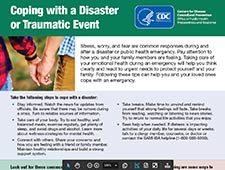Coping with a Disaster or Traumatic Event
Resources for Families
Stress, worry, and fear are common responses during and after a disaster or public health emergency. Pay attention to how you and your family members are feeling. Talking to children about a crisis can be difficult, but it is very important to help them cope. Follow these tips to help yourself and your loved ones cope with an emergency.
Self-Care during an Emergency
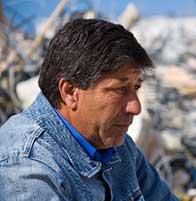
It is normal to feel stress, anxiety, grief, and worry after a disaster.
It is natural to feel stress, anxiety, grief, and worry during and after a disaster. Everyone will react differently and your own feelings will change throughout. Notice and accept how you feel. Taking care of your emotional health during an emergency will help you think clearly and react to the urgent needs to protect yourself and your family during an emergency. Self-care during an emergency will help your long-term healing.
Look out for these common signs of distress:
- Feelings of shock, numbness, and disbelief
- Changes in energy and activity levels
- Difficulty concentrating
- Changes in appetite
- Sleeping problems
- Nightmares and upsetting thoughts and images
- Feeling anxious or fearful
- Physical reactions, such as headaches, body pains, stomach problems, and skin rashes
- Chronic health problems can get worse
- Changes in use of alcohol, tobacco, or other drugs
- Anger or short-temper
- Stay informed-When you feel that you are missing information, you may become more stressed or anxious. Watch, listen to, or read the news for updates from officials. Be aware that there may be rumors during a crisis. Turn to reliable sources of information
- Take care of your body– Eat healthy well-balanced meals, exercise regularly, get plenty of sleep, avoid alcohol, tobacco, and other drugs. Learn more about wellness strategies for mental health.
- Take breaks– Make time to unwind and remind yourself that strong feelings will fade. Take breaks from watching, reading, or listening to news stories. It can be upsetting to hear about the crisis and see images repeatedly. Try to do some other activities you enjoy to return to your normal life and check for updates between breaks.
- Connect with others– Share your concerns and how you are feeling with a friend or family member. Maintain healthy relationships and build a strong support system.
-
Seek help when needed– If distress is impacting activities of your daily life for several days or weeks, talk to a clergy member, counselor, or doctor or contact the SAMHSA helpline.
- Call 1-800-985-5990 ; Deaf/hearing impaired can use your preferred relay service to call 1-800-985-5990.
- Text TalkWithUs to 66746.
- Spanish speakers in the US can call 1-800-985-5990 or text HÁBLANOS to 66746.
- Spanish speakers in Puerto Rico or the US Virgin Islands can call or text HÁBLANOS to 1-212-461-4635.
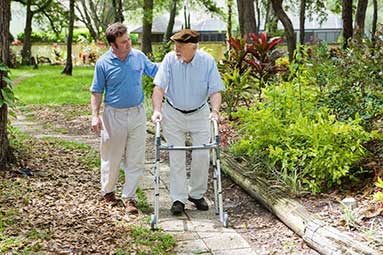
Stay informed, maintain physical health, take breaks, connect with others, and seek help when needed to cope with emergencies.
Helping Children Cope
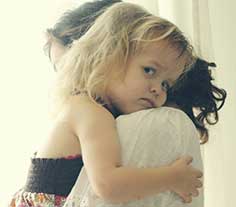
Children may not say how they are feeling during a crisis. Explain the situation, answer questions, and make sure they feel loved.
http://store.samhsa.gov/shin/content//SMA12-4732/SMA12-4732.pdf
Children are less likely to say that they are feeling stressed but will show signs through their behaviors. Infants and young children may cry more than usual, want to be held more, and become fearful about being separated from their parent/caregiver. Adolescents and teenagers may deny that they are upset or may do more risky things.
The following are some ways to help children cope:
- Set a good example. Take care of yourself, including exercising and eating healthy.
- Encourage children to ask questions. Get down at eye level and speak in a calm, gentle voice using words they can understand.
- Make sure they feel connected, cared about, and loved.
- Listen for any rumors children might hear at school or on social media and help explain the correct information to them.
- Tell children it is normal to be upset. Let them know that it’s not their fault.
Additional Resources for Families

Disasters affect all of us in different ways. Some people might react to the stress immediately, while others may not experience stress until later.
- Video:Coping with a Traumatic Event
- Caring for Children in a Disaster
- How Families Can Help Children Cope with Fear & Anxiety(from SAMHSA, HHS)
- Coping with Isolation and Quarantine
- Psychological First Aid (an evidence-based approach to reduce stress caused by traumatic events)
- Find more resources for coping from the Substance Abuse and Mental Health Services Administration
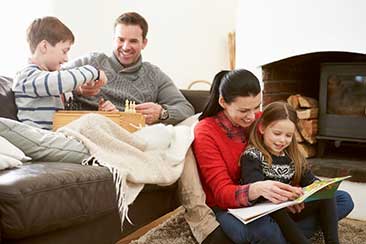
Try to return to a normal schedule and normal activities. Encourage children to stay social when possible.
- Page last reviewed: March 8, 2016
- Page last updated: November 7, 2017
- Content source:
- Maintained By:


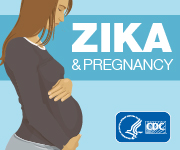
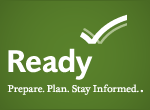
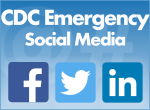
 ShareCompartir
ShareCompartir
